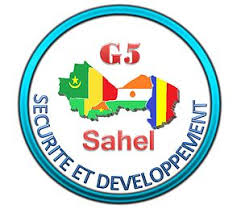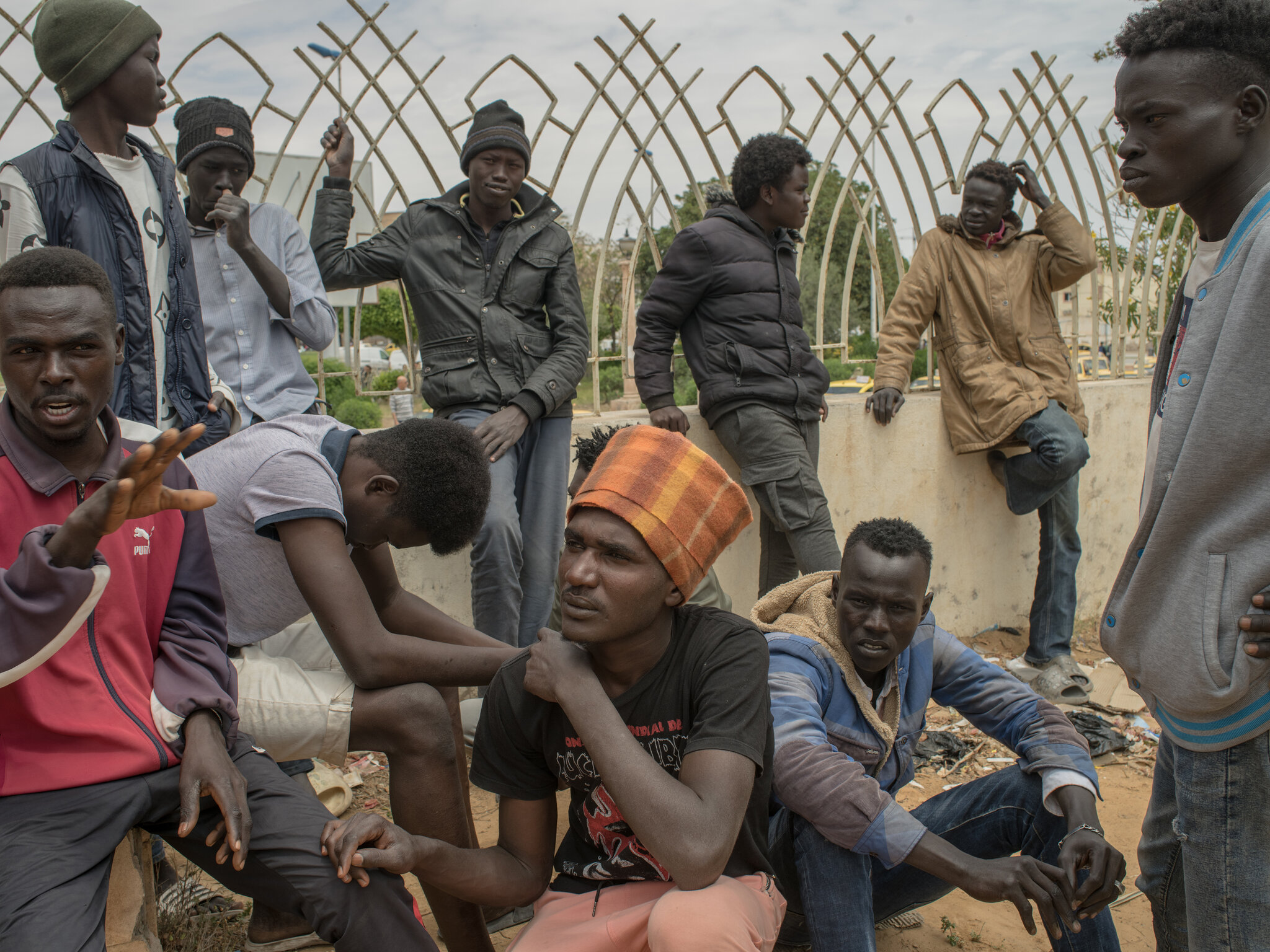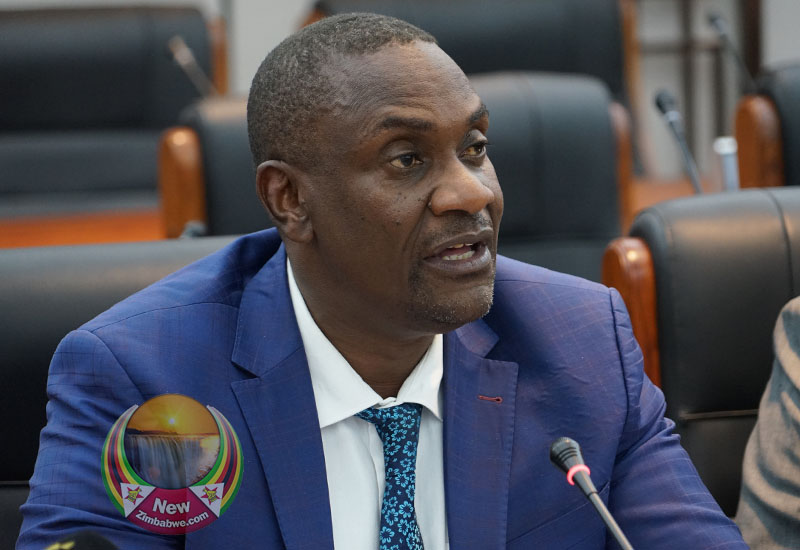 The newly-established G5-joint force, set up by Burkina Faso, Chad, Mali, Mauritania and Niger to combat terrorism and transnational organized crime and to promote stability and development in the region is gaining increasing support, given the challenges facing the restive region.
The newly-established G5-joint force, set up by Burkina Faso, Chad, Mali, Mauritania and Niger to combat terrorism and transnational organized crime and to promote stability and development in the region is gaining increasing support, given the challenges facing the restive region.
While the European Union has already committed $56 million to the Sahel force, on Monday the United States promised to support the Force’s counter-terrorism efforts with up to $60 million.
The same day, UN Secretary-General António Guterres urged the Security Council to “be ambitious” in deciding how the UN supports the Sahel countries address cross-border terrorism and organized crime.
“The situation in the Sahel challenges us all,” Guterres told the 15-member body, describing the difficult operational circumstances facing the G5 joint force, and stressing the need to unite efforts to address the root causes of instability in the region. He warned that not acting could have severe consequences for the region and beyond, stressing the need to prevent the region from sinking into chaos, which could have dangerous consequences for the continent and the entire world.
Guterres who described how poverty, underdevelopment and climate change have contributed to the humanitarian and security crises in the Sahel, warned that the humanitarian crisis is getting worse, with nearly five million people displaced, and 24 million people in need of humanitarian aid.
“Given the urgency of the situation, we must think of innovative actions in support of the G5 Sahel efforts in the security field, but also in the areas of development and governance,” he said, urging the Council to “be ambitious in the choice it has to make”.
“Strong political support for the G5 Sahel and material and operational support commensurate with the challenges are essential,” he insisted.
In a report to the Security Council on October 16, the Secretary-General said he firmly believes that “only predictable and sustainable funding and support will enable the Joint Force to contribute to the lasting stabilization of the Sahel.”
Earlier this month, Security Council members visited Mali, Mauritania and Burkina Faso to assess the level and the nature of the threat posed by terrorism and transnational organized crime in the Sahel, as well as the status of the operationalization of the joint force.
France has recently announced that the G5 Sahel joint force could start its operation with €260 million, below the €450 million required. The Niamey command post will pilot the first operation whose date has not been disclosed yet.


